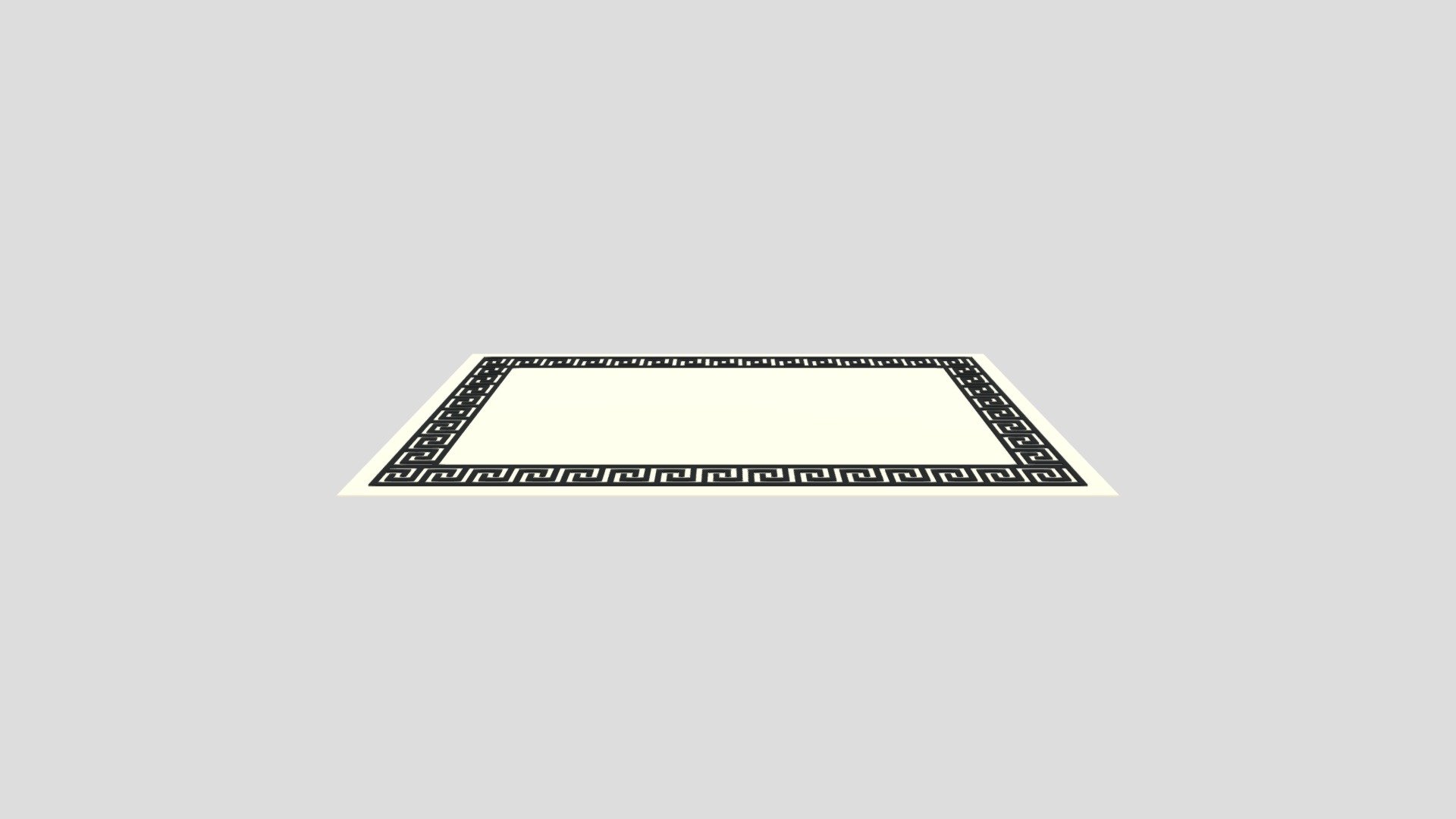Leaked MMS Indian: What You Need To Know And Why It Matters
Let’s face it, folks—we live in an era where information spreads faster than wildfire. And when it comes to leaked content, especially something as controversial as "leaked MMS Indian," the internet can get pretty chaotic. This topic has sparked debates, raised eyebrows, and even led to some serious consequences for individuals involved. So, buckle up because we're diving deep into what this whole mess is about, why it matters, and how you can stay informed without getting caught in the storm.
Now, before we jump into the nitty-gritty details, let’s set the stage. The term "leaked MMS Indian" might sound vague, but it refers to private or intimate content that has been shared without consent. Whether it's a video, photo, or text message, the impact of such leaks can be devastating. In India, where privacy laws are still evolving, this issue has become a hot-button topic, affecting both celebrities and everyday people.
Why should you care? Well, beyond the sensational headlines, there’s a deeper conversation to be had about consent, privacy, and digital ethics. If you’ve ever wondered how these leaks happen, who’s behind them, and what legal actions exist to combat them, then this article is for you. Let’s break it down step by step so you’re not just reading headlines but truly understanding the situation.
- Ellaalexandraxo The Rising Star Whorsquos Lighting Up The Internet
- Only Fans Leak The Inside Scoop You Need To Know
Understanding the Basics of Leaked Content
What Exactly Are We Talking About?
Let’s start with the basics. When we talk about leaked MMS in India, we’re referring to multimedia messages—usually videos or images—that were originally intended for private sharing but somehow ended up in public spaces. These leaks often involve sensitive or personal content, making them more than just embarrassing; they can ruin lives.
But here’s the kicker—most of the time, the people whose content gets leaked had no idea it would ever see the light of day. Whether it’s a revenge leak from an ex-partner or a hacking incident, the result is the same: a violation of trust and privacy.
Why Does It Keep Happening?
There’s no single answer to this question, but a few factors stand out. First, technology makes it easier than ever to capture and share content. Smartphones have become mini recording studios, and apps like WhatsApp, Telegram, and Instagram make sharing instantaneous. While this is great for connecting with friends and family, it also opens the door for misuse.
- Gore Site The Dark Corner Of The Internet You Probably Didnrsquot Want To Know About
- Gore Video Site The Dark Side Of The Internet Explored
Second, human nature plays a role. Whether it’s curiosity, greed, or plain old malice, there are always individuals willing to exploit others for personal gain. And let’s not forget the role of cybercriminals who hack into devices and sell or distribute stolen content.
The Impact on Individuals
Emotional and Psychological Fallout
When someone’s private content is leaked, the emotional toll can be overwhelming. Victims often experience shame, anxiety, and depression. Imagine waking up one day to find your most intimate moments being shared across the internet without your permission. It’s a nightmare that many have faced, and the scars can last a lifetime.
But it’s not just about feelings. The stigma attached to leaked content can affect relationships, careers, and social standing. In a country like India, where cultural norms often dictate behavior, the backlash can be brutal. Victims may face judgment, ridicule, or even ostracism from their communities.
Legal and Financial Consequences
On top of the emotional fallout, there are legal and financial implications to consider. In India, leaking private content without consent is illegal under the Information Technology Act, 2000. However, enforcing these laws can be challenging, especially if the perpetrator is anonymous or located outside the country.
Victims may also face financial losses due to cyberbullying or extortion. Some hackers demand money in exchange for removing the content, while others use it as leverage to manipulate their victims. It’s a vicious cycle that can leave even the strongest person feeling powerless.
The Role of Technology
How Do These Leaks Happen?
Let’s talk tech for a moment. Most leaks occur through one of three methods: accidental sharing, hacking, or intentional distribution by a third party. Accidental sharing happens when someone mistakenly sends a private message to the wrong person or forgets to delete it from a group chat. Hacking, on the other hand, involves unauthorized access to a device or account, often through phishing or malware attacks.
Then there’s the intentional distribution, which is the nastiest form of all. Whether it’s a jilted lover seeking revenge or a cybercriminal looking to profit, the intent is malicious, and the consequences can be catastrophic.
Can Anything Be Done to Prevent Them?
Absolutely. While no solution is foolproof, there are steps you can take to protect yourself. For starters, always use strong passwords and enable two-factor authentication on your accounts. Avoid sharing sensitive content with strangers or on unsecured platforms. And if you suspect your device has been compromised, seek professional help immediately.
Additionally, educate yourself about privacy settings on social media and messaging apps. Many platforms offer features that allow you to control who sees your content and how long it remains visible. Take advantage of these tools to safeguard your digital footprint.
The Legal Landscape in India
What Are the Current Laws?
In India, the Information Technology Act, 2000, provides some protection against unauthorized sharing of private content. Section 67 of the Act prohibits the publication or transmission of obscene material, while Section 67B specifically addresses child pornography. Violators can face fines and imprisonment, depending on the severity of the offense.
However, enforcement remains a challenge. Many victims hesitate to report incidents due to fear of retaliation or further exposure. Others may not even realize their rights under the law. That’s why awareness campaigns and support networks are crucial in empowering victims to seek justice.
Are There Any Proposed Changes?
Yes, the Indian government has been working on updates to existing legislation to address gaps in privacy protection. For example, the Personal Data Protection Bill aims to give individuals more control over their personal information and impose stricter penalties on violators.
While these changes are promising, they’re still in the early stages of implementation. Until they become law, it’s up to individuals and organizations to advocate for stronger protections and hold offenders accountable.
The Social and Cultural Implications
Shifting Attitudes Toward Privacy
As society becomes more connected, attitudes toward privacy are evolving. In India, where family and community ties are strong, the concept of personal boundaries can sometimes feel at odds with cultural expectations. However, younger generations are increasingly prioritizing their right to privacy and demanding change.
This shift is evident in the growing number of campaigns and initiatives aimed at raising awareness about digital safety. From workshops in schools to online resources for adults, there’s a concerted effort to educate the public about the risks of sharing personal content and the importance of consent.
Challenging Stereotypes and Stigma
Another critical aspect of this conversation is challenging the stereotypes and stigma surrounding leaked content. Too often, victims are blamed for their own exploitation, as if simply possessing a smartphone makes them complicit in their abuse. This victim-blaming mentality only perpetuates the cycle of shame and silence.
To combat this, we need to foster a culture of empathy and understanding. Instead of pointing fingers, let’s focus on supporting those affected by leaks and holding perpetrators accountable for their actions. Together, we can create a safer, more compassionate digital environment for everyone.
How to Stay Safe Online
Best Practices for Protecting Your Privacy
So, what can you do to protect yourself in this digital age? Here are a few tips:
- Use strong, unique passwords for all your accounts.
- Enable two-factor authentication wherever possible.
- Avoid sharing sensitive content with anyone you don’t trust completely.
- Be cautious when clicking on links or downloading attachments from unknown sources.
- Regularly update your software and apps to patch security vulnerabilities.
These may seem like small steps, but they can make a big difference in keeping your personal information secure.
What to Do If You’re a Victim
Unfortunately, even the most careful precautions can’t guarantee complete safety. If you find yourself a victim of a leak, here’s what you should do:
- Report the incident to law enforcement immediately.
- Contact the platform hosting the content and request its removal.
- Seek support from friends, family, or professional counselors.
- Consider reaching out to legal experts who specialize in digital privacy.
Remember, you’re not alone, and help is available. Don’t hesitate to reach out for assistance if you need it.
The Future of Digital Privacy
Emerging Technologies and Their Potential
As technology continues to evolve, so too will our approaches to privacy protection. Emerging solutions like blockchain, artificial intelligence, and encryption offer promising ways to secure personal data and prevent unauthorized access.
However, these technologies are not without their challenges. Balancing convenience with security is a delicate dance, and finding the right formula will require collaboration between developers, policymakers, and users.
What Lies Ahead for India?
India stands at a crossroads when it comes to digital privacy. With one of the largest online populations in the world, the country has both the opportunity and the responsibility to lead the way in creating a safer digital ecosystem. By investing in education, enforcement, and innovation, India can set an example for others to follow.
Conclusion
Leaked MMS Indian is more than just a trending topic—it’s a wake-up call for all of us to take digital privacy seriously. Whether you’re a victim, a bystander, or simply someone who cares about the rights of others, there’s a role for you to play in this conversation. By educating ourselves, supporting one another, and advocating for change, we can create a world where everyone’s privacy is respected and protected.
So, what’s next? Share this article with your friends and family. Start conversations about consent and digital ethics. And most importantly, take action to safeguard your own privacy and help others do the same. Together, we can make a difference.
Table of Contents
- Understanding the Basics of Leaked Content
- The Impact on Individuals
- The Role of Technology
- The Legal Landscape in India
- The Social and Cultural Implications
- How to Stay Safe Online
- The Future of Digital Privacy
- Conclusion
- Filmyfly Com Your Ultimate Movie Destination
- Stream It Big Download Bollywood Movies In Hd Mkv 480p 720p 1080p In 2023

INDIAN GIRL FUCKING with play boy mms leaked aagmaal.today
.jpg)
Unveiling The Mystery The Buzz Around Desi MMS Leaked

18+)+ Hot Indian MMS Viral Leaked Video Tel Download Free 3D model by